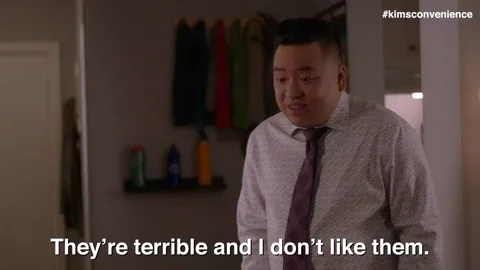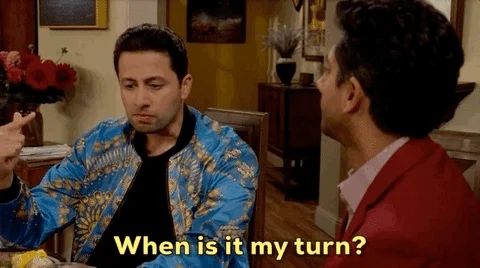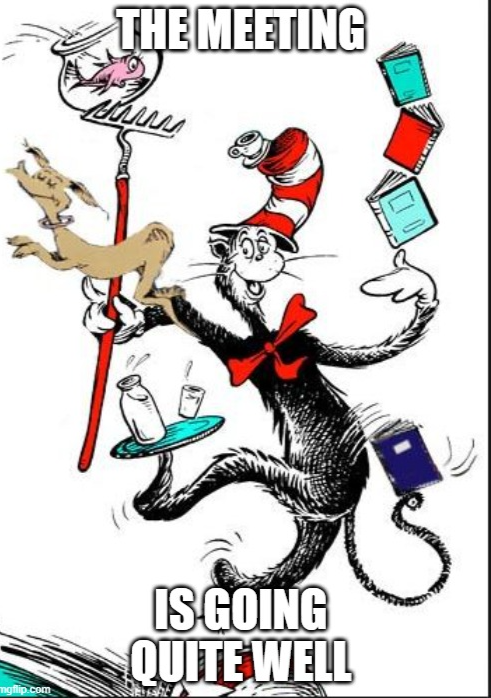
This logo isn't an ad or affiliate link. It's an organization that shares in our mission, and empowered the authors to share their insights in Byte form.
Rumie vets Bytes for compliance with our
Standards.
The organization is responsible for the completeness and reliability of the content.
Learn more
about how Rumie works with partners.
Erwin was just elected as the President of the Business Club! 👏🏻
A couple of meetings are coming up and Erwin isn't too confident about serving as moderator. He doesn't typically enjoy meetings and finds they often last way too long without much being accomplished. He wants to do better.

Moderating a meeting takes skills that many people have never learned to do
By learning to moderate a meeting successfully, you and your team can accomplish great things!
The Personal Touch
In order to be an effective moderator, you need to brush up on your interpersonalandcommunicationskills.

These skills will help you build strong relationships. Good relationships lead to trust, and trust fosters open discussion.
Take time to get to know each member individually
Try to understand members' motivations and goals
Practice active listening
Consider team building activities to help the group gel
So how do you bring that balance and personal touch to the meeting process?
1. Prepare an Agenda
An agenda provides everyone with an outline of what will be discussed and helps keep the group on task.

List the main points of discussion and any subpoints
If decisions need to be made or voting will take place, include the question(s) to be answered on your agenda
Provide the agenda in advance of the meeting so that everyone has a chance to review it
Include time parameters for each discussion topic
Quiz
Erwin has prepared an agenda for the first meeting. How far in advance should he send it to the group?
Ideally, the agenda should be provided 3-5 days before the meeting. This allows group members ample time to review the agenda and prepare for the meeting, yet it's not so far in advance that people will forget about it.
2. Give Everyone a Chance to Talk...Briefly
Some members may want to grab all of the available discussion time, but one of your tasks as moderator is to make sure that everyone has the opportunity to weigh in.

Unless the purpose of the meeting is to discuss a single project, limit project updates to 5 minutes
As you review agenda items, ask each participant to state their opinion on each agenda item in 2 minutes or less
Listen carefully
Facilitate discussion by asking questions, if clarification is needed
Check in with members who are quieter to see if they have anything to add
Test Your Knowledge: Business Club Meeting

Erwin is settling into his duties as moderator of the Business Club's meetings.
He's noticed that one group member, Charley, tends to monopolize the conversations. What can Erwin do to help move things along and allow other members their time to speak?
Quiz
How can Erwin successfully allow everyone equal time to speak? Select all that apply.
The best ways to ensure that Charley (or any group member) doesn't monopolize the meetings are to (1) set speaking time limits and (2) offer to speak with the member outside of the meeting to obtain more input from them. You probably shouldn't remove a person from a group just because they talk a lot, and banging a gavel could be really annoying and may upset people.
3. Summarize the Main Points
As you complete your discussion of each agenda item, summarize the discussion along with any decisions that were made.

Ask if there are any questions
Make note of the next steps
Request volunteers to complete additional tasks, if needed
Thank everyone for their input
For example:

"Thank you, everyone, for a great discussion! Most of us are in agreement that we should hold our fundraiser on May 15. Is anyone available to work at the check-in table from 7-8 AM?"

"Jo, thanks for all of your work on that project! It sounds as if your team will be working hard over the next month and we look forward to your next report. Does anyone have any final questions before we move on?"
Take Action
Moderating a meeting well takes time and practice.
As you become better at it, your group members will look forward to meetings that are goal-oriented and productive!

This Byte has been authored by
Mary Ellen D'Intino
Learning Designer | Licensed Social Worker
M.Ed., LSW
